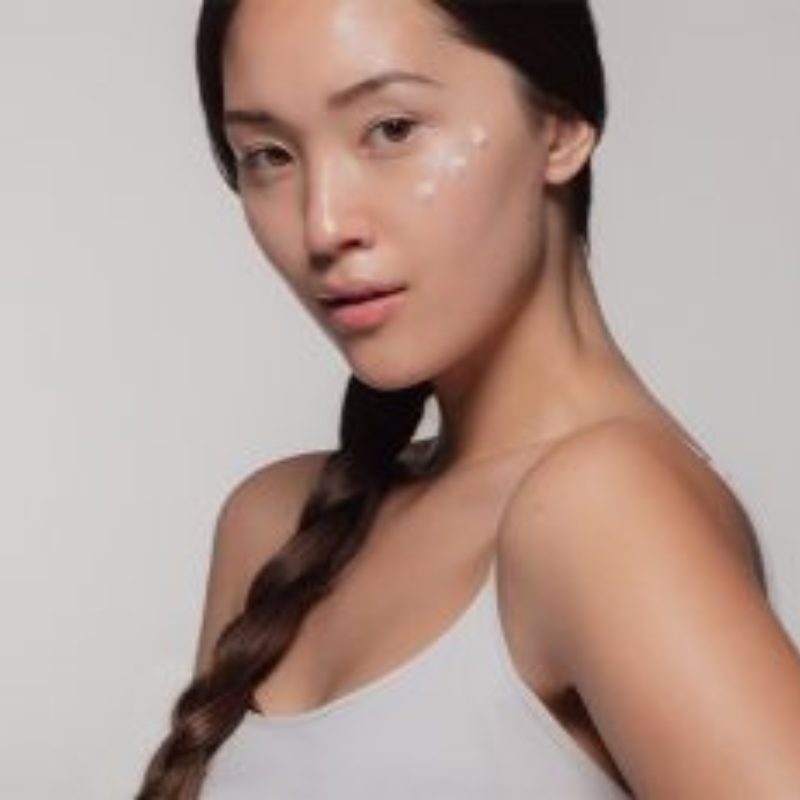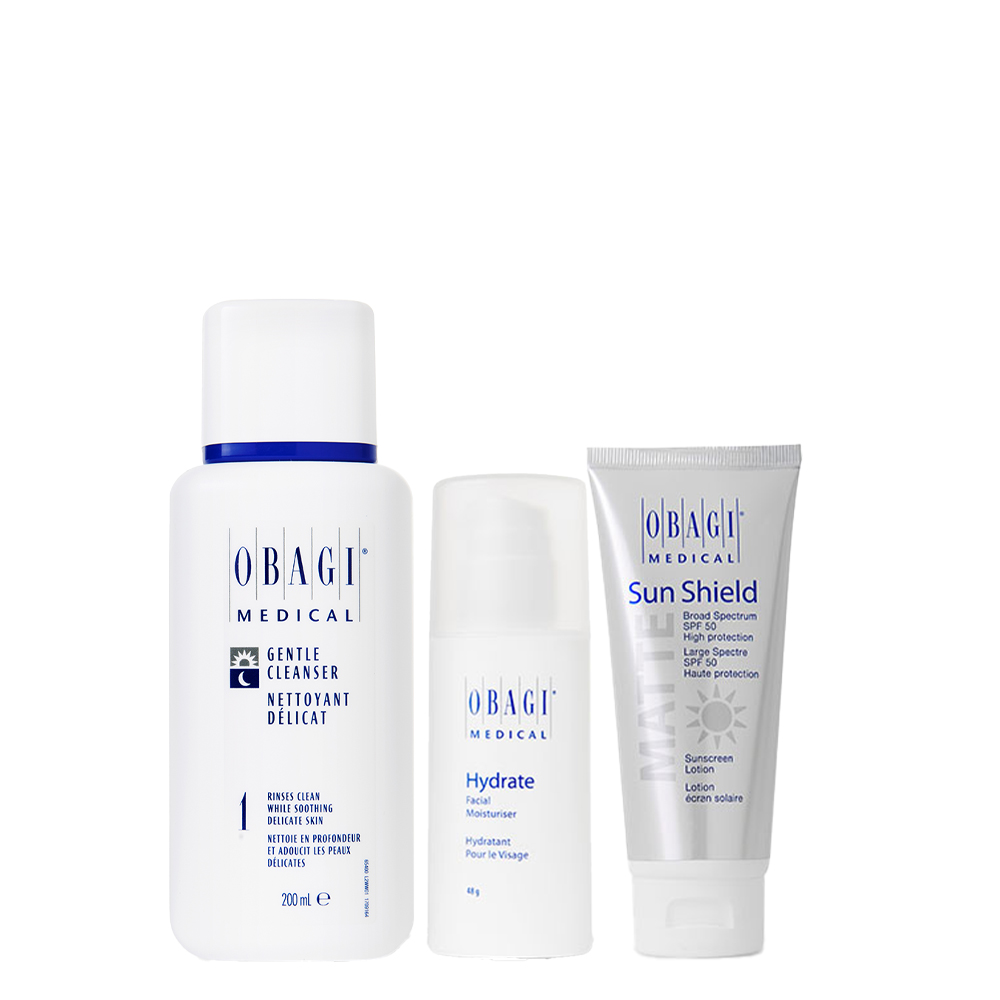
When it comes to your skin, you want it to look its best. That is why you will put together the perfect skincare routine and expect fresh, clear, and radiant skin.
However, some things are not always as simple as that or in your control. This can often be the case for rosacea flare-ups.
Sometimes there are other factors at play that can affect your skin. Your skincare routine is a major part of achieving glowing skin, but it is also part of a larger puzzle.
You have to understand your skin and what causes flare-ups to be able to formulate the best routine for your skin as well as adjust your lifestyle.
In this article, you will learn what rosacea is, what triggers it and how to combat it.
What Is Rosacea?
Rosacea is a skin condition that causes your skin to appear red and gradually spreads across your skin. It can irritate the skin sensitive and can be visibly seen across your face on your cheeks and nose.
It tends to flare up and then settle down and then out of nowhere it can cause your skin to become red and uncomfortable.
It is all about learning how to treat the skin condition, but for most people, it’s also a matter of learning to live with rosacea.
Why Do We Get Rosacea?
Suffering from rosacea can mean having clear skin one day and a flare-up the next. Having to suffer from redness on your skin, watering eyes, as well a raised, red, pimple-like rash across your face.
The problem with rosacea is that it is unknown what actually causes it, it has been said that potentially your immune system can be part of the reason for it as well as its role in flare-ups.
It has been found that rosacea potentially is hereditary and can run within your family if you do suffer from it.
How To Avoid Rosacea Coming Back?
If you suffer from rosacea then you know your skin can be super sensitive to triggers that can potentially cause flare-ups.
Even though little is known about where rosacea comes from, a lot is known about what can trigger it. However, it is all down to the individual, so it is all about trial and error to see what affects your skin. Here is a list of some of the common triggers for rosacea flare-ups:
· Sunlight, and extreme temperatures
· Exercise
· Stress
· Spicy foods
· Alcohol
· Harsh beauty products for your skin or hair
A great way to limit rosacea flare-ups is by keeping track of what triggers it. This can help you learn about your own personal triggers and what causes your recurring rosacea.
Monitor your skin when you drink alcohol or how it feels dependent on the season and weather outside. Therefore you being armed with this knowledge can help you find products that can help to keep it at bay when you know there is a high possibility of it flaring up.
Suffering from rosacea can leave you feeling down about your skin and that there is nothing you can do about it. But this isn’t the case, it is just about taking the time to learn about what affects your skin and what products help it.
Just because rosacea can’t be cured, it doesn’t mean you have to simply live with it. There are steps you can take to limit flare-ups and products that make your skin feel soft, clear, and soothed.
How To Get Rid Of Rosacea?
Even though rosacea cannot be cured it can be dealt with by using products that work with your skin and help to keep it at bay.
It is about finding the best products that help rosacea and incorporating them into daily and nightly skincare routines.
The Obagi Repair Foundation Kit is ideal for those suffering from rosacea as it contains three gentle products that will soothe your skin and aid in healing it.
Step one is cleansing your skin with the Obagi Nu-Derm Fx® Gentle Cleanser as it helps to get rid of any makeup and dirt on your skin and prepares your skin for the next step in your skincare routine.
Step two is the Obagi Hydrate® which will moisturise your skin without clogging your pores as it is hypoallergenic, which is ideal for rosacea sufferers.
The third and final step is the Obagi Sun Shield Matte™ Broad Spectrum SPF 50, which is a non-greasy SPF that protects your skin from the sun’s UVA and UVB rays. As well as helping to protect your skin from environmental aggressors which can trigger rosacea flare-ups.


